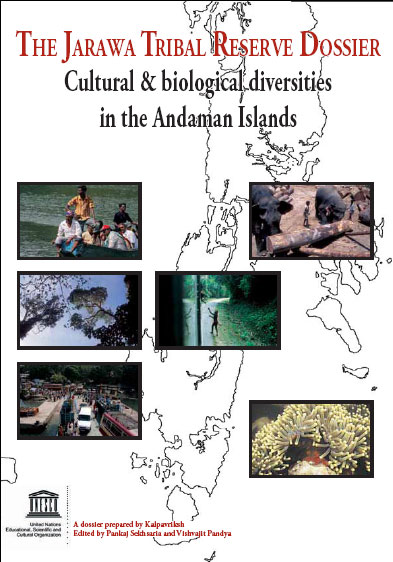
|
 |  |
|
CONSULTER LA NOUVELLE VERSION DE CE SITE WEB
--------------------------------------------------- 
Mayangna Knowledge of the Interdependence of People and Nature: Fish and Turtles.
| Vient de paraître en versions mayangna et espagnole. Savoirs du Peuple Mayangna sur la coexistence de l'homme avec la nature : poissons et tortues [Conocimientos del Pueblo Mayangna sobre la Convivencia del Hombre y la Naturaleza: Peces y Tortugas]
Paule M Gros and Nacilio Miguel Frithz
Available in Spanish and Mayangna La forêt pluviale tropicale d’Amérique centrale qui longe la frontière entre le Nicaragua et le Honduras abrite aussi les peuples mayangna et miskito depuis des siècles. Grâce à leurs modes de subsistance basés sur l’agriculture itinérante sur brûlis, la pêche et la chasse, ils ont à la fois façonné le système écologique local et ont prévenu sa destruction. Leurs savoirs sur la flore et la faune locales sont à la fois vastes et approfondis. A travers la protection et la gestion dont elle bénéficie grâce à ces peuples, cette forêt pluviale revêt une extrême importance en termes de biodiversité de l’Amérique Centrale. La forêt comprend la réserve de biosphère BOSAWAS au Nicaragua, connue aussi sous le nom de Cœur du couloir biologique mésoaméricain. >> Continuer La sortie nationale du livre sur les savoirs mayangna, en langues mayangna et espagnole, s'est tenue le 29 juillet 2010 au Centro de Concocimiento de Managua, Nicaragua. |
| | FEATURED |  | Développement durable de la région arctique face au changement climatique
|
L’Arctique vit des transformations environnementales et sociales, à la fois rapides et spectaculaires, dues au changement climatique. Les répercussions de ces phénomènes se font sentir sur l’ensemble de la planète, car tout changement se propage via les réseaux mondiaux – tous interconnectés – de l’environnement, de la culture, de l’économie et de la politique. Aujourd’hui, la recherche dépasse l’étude des causes et l’observation des tendances, pour se concentrer sur l’exploration de stratégies d’adaptation au changement climatique. Il est évident que les réponses ne peuvent être qu’interdisciplinaires......... >> |
| |  | | | PUBLICATIONS RECENTES |  | The Jarawa Tribal Reserve Dossier - Cultural & biological diversities in the Andaman Islands
|
One of the most distinctive, but relatively little known features of the Andaman Islands is an entity of land and sea called the Jarawa Tribal Reserve (JTR) – a space legally notified in the name and, arguably, the interests of the Jarawa tribal community. Until recently, the Jarawa were hostile to outsiders. As a result, those who might otherwise have exploited the resources of the reserve – poachers, settlers and developers – were denied access. However, the Jarawa have now chosen to cease hostilities, and the borders of the Jarawa Tribal Reserve have become permeable to intrusion, even though legally off limits to outsiders. The multiple changes that have ensued have enormous ramifications for both the Jarawa people and their lands. As much information relating to the Jarawa and the Reserve remains scattered and difficult to access, this Dossier has undertaken to bring together within the covers of one publication, information and views about the JTR emanating from a number of distinct disciplines. Indeed, one cannot comprehend the complex interactions between the biological and cultural diversity of this unique people and place without adopting an interdisciplinary perspective......... >> more |
| |  | | | FORUM | En première ligne face au changement climatique
Un forum global pour les peuples autochtones, les petites îles et les communautés vulnérables. Discussion en cours Pâturages gelés, troupeaux affamés... |
|
|
|
 |  |  |
|



